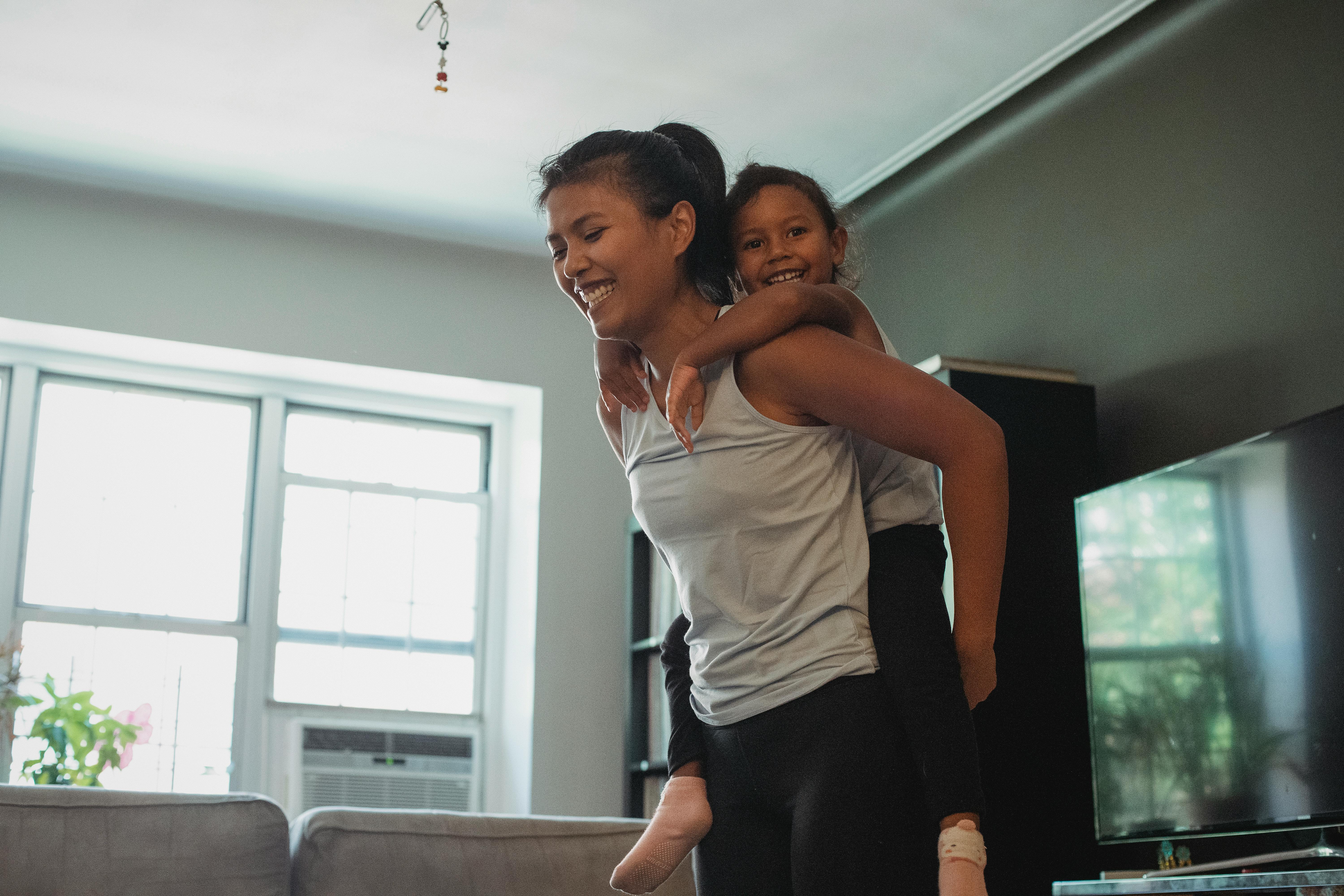
When most people think of ADD/ADHDThey usually envision a hyperactive, rowdy child with a short attention span. This is because many of the more obvious children with ADD/ADHD manifest their traits as a flurry of scattered activity, visible distraction at school, or disruptive and inappropriate social behavior. This tends to get noticed. The actual rates of ADD/ADHD, however, are about the same for both sexes, according to experts.
The way most girls experience or express their ADD/ADHD tends to go unnoticed, which is why it is so often overlooked. They are usually diagnosed as the “mainly inattentive” type of ADD/ADHD. They can be sensitive and quiet and labeled as spacey or dreamy. Some common challenges in the inattentive type of ADD/ADHD are difficulty getting started, being forgetful, being distracted, disorganizing thoughts and surroundings, and feeling completely overwhelmed. Even when girls are diagnosed with the hyperactive type of ADD/ADHD, their hyperactivity usually manifests as excessive talking, intense emotions, and rapid verbal reactivity, rather than the exaggerated behaviors often seen in boys.
Although both genders can experience bullying and rejection by their classmates, studies have shown that girls with ADD/ADHD experience more isolation and feel more rejected than boys. (Understanding Girls with ADHD by Kathleen Nadeau, Ph.D., Ellen Littman, Ph.D., and Patricia Quinn, MD) This may be because relationships between girls are often very verbal and focused on social interactions, while relationships between children are often focused on sports, other physical activities or video games. Sophisticated communication skills are often not that important for teens.
When ADD/ADHD causes distraction, forgetfulness, or impulsivity, it’s quite difficult to follow a quick conversation or respond appropriately to subtle social nuances. Girls can receive critical reactions from their friends because of what they inadvertently say (or don’t say) in a social context. This can be devastating if it happens often enough and can create doubt and anxiety about the possibility of taking social risks in the future.
Academically, even very intelligent girls with ADD/ADHD can end up working longer and harder than their non-ADD friends. I know quite a few high school girls who frequently stay up all night to write a paper or study for a test. They can get very discouraged when their grades don’t reflect their efforts. It can also seem like everyone else can get their work done early enough to go to bed at a decent hour, even with extracurricular activities. Some of the reasons why studying can take so long without getting the desired results are perfectionism, not knowing how to start, feeling overwhelmed, having a hard time staying focused, or being unable to stay linear in your approach without veering off on all sorts of things. other directions.
Girls with ADHD need to feel accepted and competent. Even if school is challenging, parents can help them by involving them in activities outside of school where they can express and develop their talents and strengths. One of my clients had trouble at school, but he was excellent with horses. He participated in a program every weekend in which he helped disabled children to ride horses. Another was a wonderful artist. Although there weren’t many opportunities to take art classes in high school, he did take private drawing classes after school. He even had a display of his drawings at a coffee shop. How’s that for getting a broader perspective?
In addition to developing competencies outside of school, learning organizational skills and developing systems and structures for schoolwork are important for self-esteem. These skills can be learned with an ADHD therapist, an ADHD coach, or a special program at school. Learning these skills from someone other than the parent seems essential for most of the teens I’ve worked with. They are trying to develop more independence and it is normal for them to put pressure on the parent who is trying to help them.
With the right support, help in developing structures and systems, medical treatment if necessary, and psychological help if she shows signs of anxiety or depression, your daughter can successfully transition from adolescence to young adulthood. There is a light at the end of the tunnel!